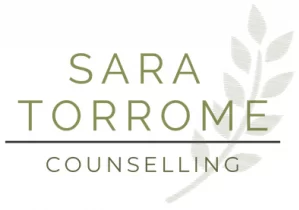As a counsellor in Buckinghamshire and Berkshire, I've seen how depression can take a toll not just on the individual, but on their relationships as well. When someone you love is struggling with depression, it can be challenging to know how to support them while also taking care of your own emotional well-being.
First, it's essential to understand what depression looks like. It's more than just feeling sad or down – it's a persistent feeling of hopelessness, worthlessness, and a loss of interest in things that once brought joy. Depression can impact every aspect of a person's life, from their sleep and appetite to their ability to work and maintain relationships.
If you're supporting a loved one with depression, you might feel helpless, frustrated, or even guilty at times. It's important to remember that depression is not a choice, and your loved one can't simply "snap out of it." Instead, focus on offering emotional support and understanding.
Start by educating yourself about depression and its treatment options. Listen to your loved one without judgment, and validate their experiences. Encourage them to seek professional help, whether that's through therapy, medication, or a combination of both.
You can also offer practical support by helping with daily tasks, like grocery shopping or household chores. Plan enjoyable activities together, and encourage your loved one to practice self-care, like getting enough sleep, eating well, and exercising regularly.
When communicating with your loved one, use "I" statements to express your own feelings and concerns, rather than criticism or blame. Be an active listener, and avoid dismissive language like "just cheer up" or "it's all in your head."
Remember, supporting someone with depression can be emotionally taxing, so don't forget to take care of yourself, too. Set boundaries when needed, and seek support from friends, family, or a therapist. Engage in stress-reducing activities and hobbies that bring you joy and help you recharge.
If you notice that your loved one's depression is worsening, or if they express thoughts of self-harm or suicide, it's crucial to seek professional help immediately. Don't hesitate to reach out to a mental health provider or crisis hotline for guidance.
Supporting a loved one with depression can be a challenging journey, but with patience, understanding, and the right resources, recovery is possible. If you're struggling to navigate this difficult time, don't hesitate to reach out for support. As a counsellor, I'm here to help you and your loved one find the path to healing and resilience. Together, we can weather this storm and come out stronger on the other side.
